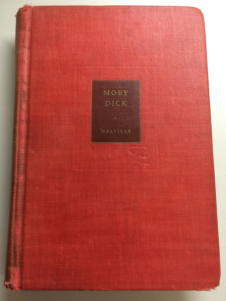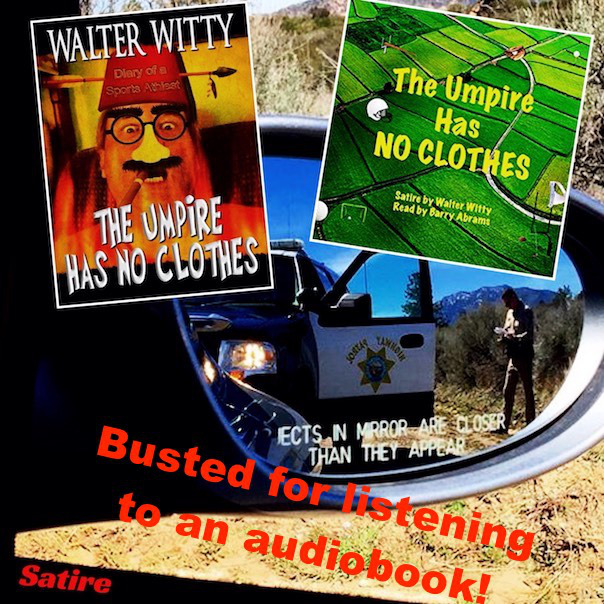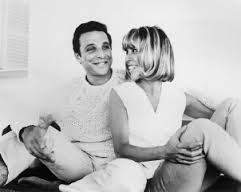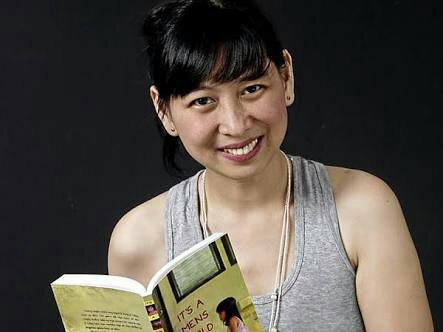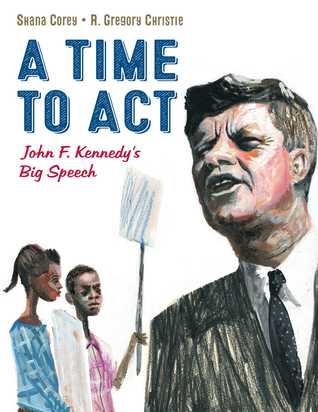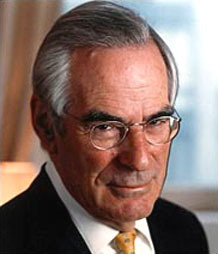 David Halberstam
David Halberstam
Yesterday we saw how the widely feted journalist and historian David Halberstam (1934-2007) helped inspire the assassination of South Vietnamese president Ngo Dinh Diem, whom he viewed – incorrectly, as it turned out – as a hindrance to the South’s war effort. Halberstam, it should be underscored, had started out as an enthusiastic supporter of the cause of South Vietnam and a strong believer in the need to resist the spread of Communism. But when the murder of Diem on November 2, 1963, resulted in political and military disaster for South Vietnam, necessitating a massive introduction of U.S. troops into the region that resulted in a long-term commitment that became increasingly unpopular back home, Halberstam and two other more or less equally misguided and meddling American journalists, Neil Sheehan and Stanley Karnow, both of whom had already made a habit of steadily selling lies to the American public about the way things were going in Vietnam, set about rewriting recent history and their own catastrophic part in it.
 Ngo Dinh Diem
Ngo Dinh Diem
As historian Mark Moyar explained after Halberstam’s death, the three journalists mendaciously “contended that the South Vietnamese war effort had crumbled before Diem’s overthrow, not after it. No one of influence succeeded in pointing out that these men’s own articles in 1963 contradicted this claim. The journalists thus succeeded in persuading the American people that Diem, rather than his successors, had ruined the country, and therefore that the press had been right in denouncing him.” Moyar pointed out that documents recently made public showed, on the contrary, “that the South Vietnamese were fighting very well until the last day of Diem’s life, and that their performance plummeted immediately after the coup because the new rulers purged suspected Diem loyalists and failed to lead.”
 Stanley Karnow
Stanley Karnow
This, according to Moyar, wasn’t the end of Halberstam’s damage-doing. Early on, he strongly supported the U.S. intervention in Vietnam; but when the war became unpopular among bien pensant Americans, he shifted his views to fit in with theirs, avoiding “reporting on American military heroism in the belief that reports of American valor would increase support for the war in the United States and would put servicemen in a more favorable light than those who did not serve.” Charming! In Moyar’s view, America has Halberstam, among others, “to blame for the fact that the pantheon of American military heroes is empty for the period from the end of the Korean War in 1953 onward.” What was especially grotesque was that while American soldiers returning from Vietnam were abominably treated by their fellow citizens, people like Halberstam himself “became heroes, as has been reflected in the obituaries.”
Moyar’s own view is that Halberstam, Sheehan, and Karnow, because of the “enormous damage” they caused “to the American effort in South Vietnam,” can fairly be considered “the most harmful journalists in American history.”
More tomorrow.
Share this: